Palm Tree Pruning Timing and Tips
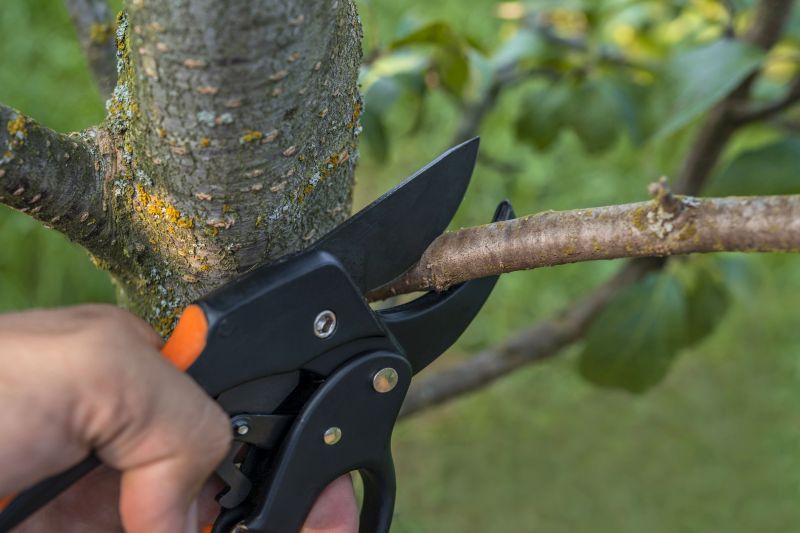
Spring is often considered ideal for pruning due to active growth and easier access.

Summer pruning can help shape the tree but should be done cautiously to avoid stress.
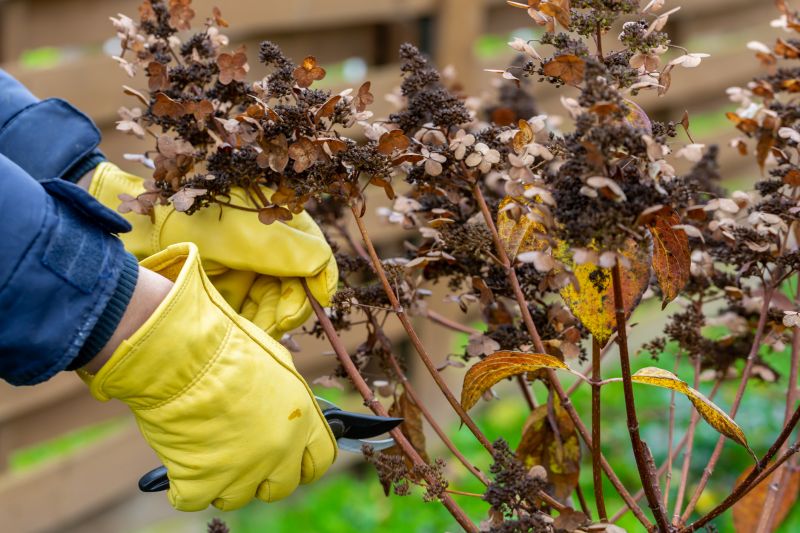
Winter pruning is suitable for removing dead or damaged fronds when growth slows.
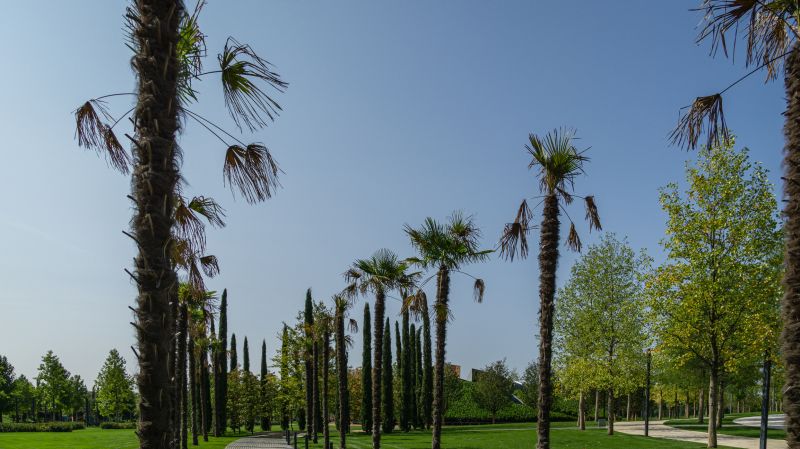
Ways to make Palm Tree Prunings work in tight or awkward layouts.
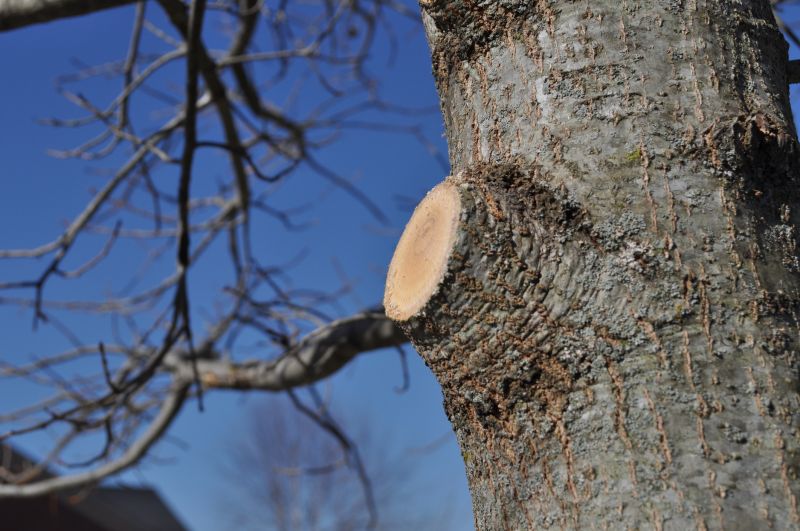
Popular materials for Palm Tree Prunings and why they hold up over time.
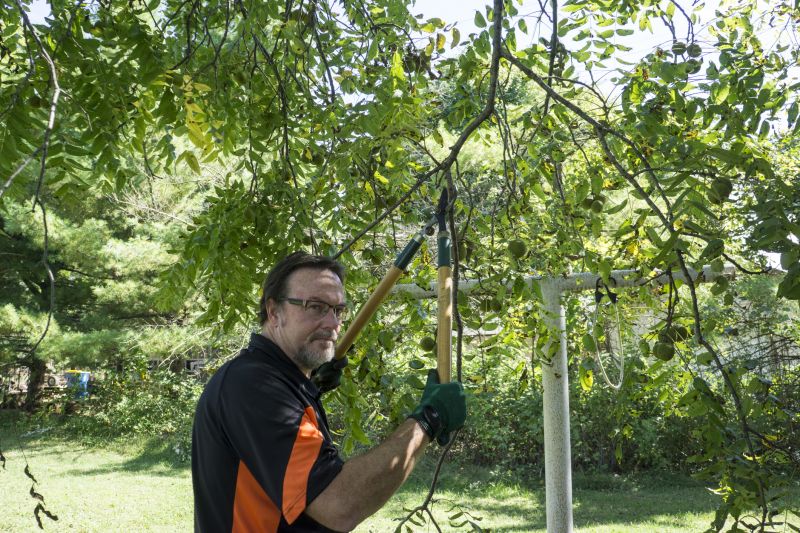
Simple add-ons that improve Palm Tree Prunings without blowing the budget.
Palm tree pruning involves removing dead or damaged fronds to maintain health and appearance. Proper timing ensures minimal stress and promotes healthy growth. Typically, pruning is performed when the tree is actively growing or during specific seasons to optimize results. The frequency of pruning depends on the species and environmental conditions, but generally, it is recommended to prune palms annually or biannually.
Timing affects the health and aesthetic of palm trees, with the best periods aligning with growth cycles.
Spring and early summer are preferred for most palms, while winter pruning should focus on removing only dead fronds.
Many palm species produce new fronds annually, making seasonal pruning crucial for optimal growth.
Pruning at the wrong time can lead to stress, disease, or reduced growth.
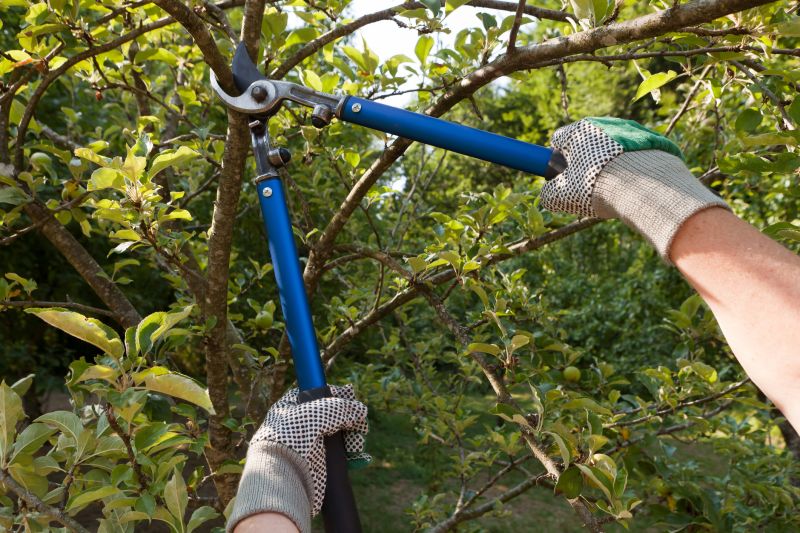
Proper tools are essential for safe and effective pruning.
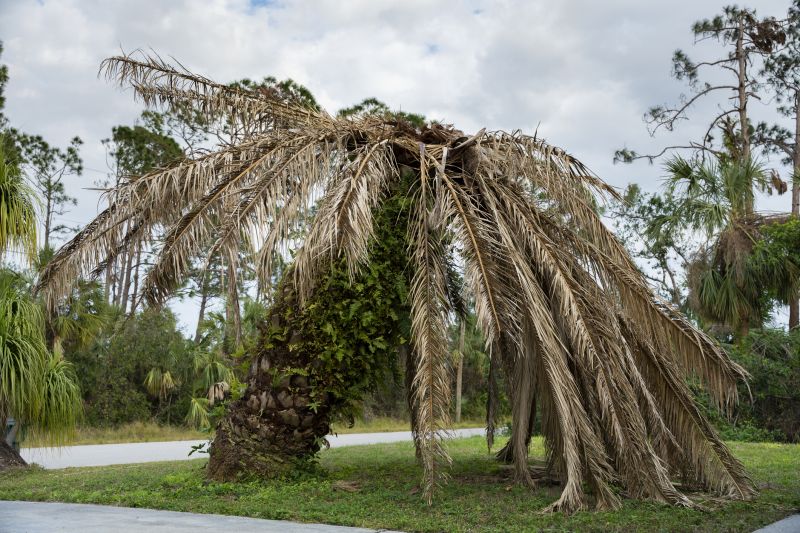
Removing dead fronds improves appearance and health.
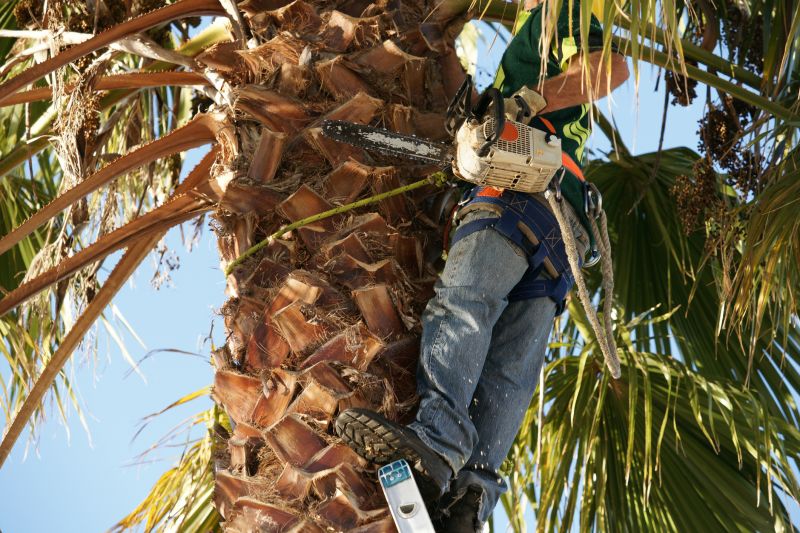
Correct technique minimizes damage and promotes quick healing.
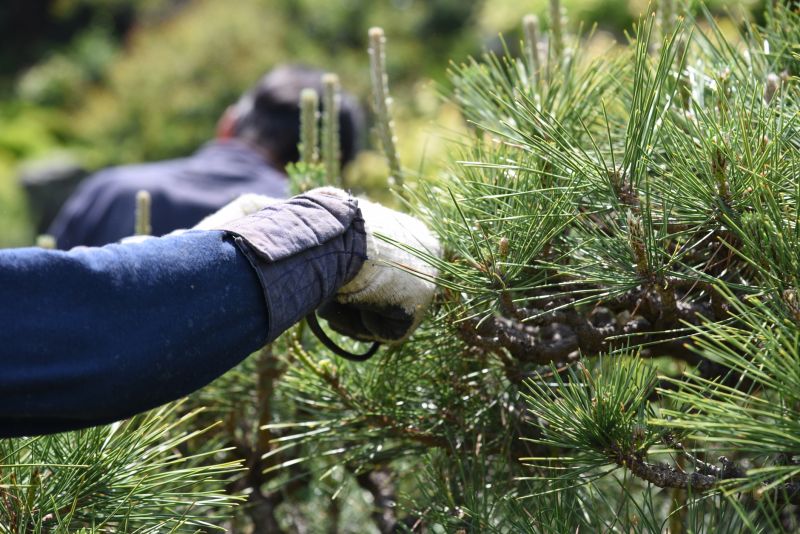
Understanding growth patterns helps determine the best pruning time.
| Season | Recommended Pruning Activity |
|---|---|
| Spring | Remove dead or damaged fronds; promote new growth. |
| Summer | Light shaping; avoid heavy pruning during peak heat. |
| Autumn | Minimal pruning; focus on cleanup. |
| Winter | Remove only dead or diseased fronds. |
| Early Spring | Begin pruning as new growth appears. |
| Late Summer | Assess and prune as needed before dormancy. |
| Mid Winter | Limited to safety or health concerns. |
Timing of palm tree pruning is crucial for maintaining healthy and attractive trees. Pruning during active growth periods, typically spring and early summer, encourages robust development. Careful consideration of seasonal weather patterns helps prevent disease and stress. Proper pruning techniques and timing can extend the lifespan of palm trees and enhance their visual appeal.
Understanding the growth cycle of specific palm species guides optimal pruning schedules. Regular removal of dead or damaged fronds reduces the risk of pests and disease. When pruning is performed at appropriate times, palms can recover quickly and continue their growth with minimal setbacks.

A well-maintained palm with trimmed, healthy fronds.
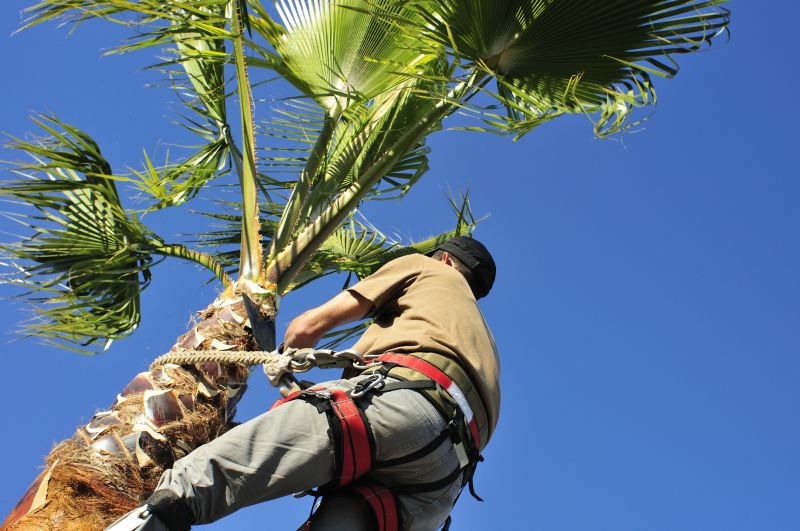
A professional trimming a palm tree safely.
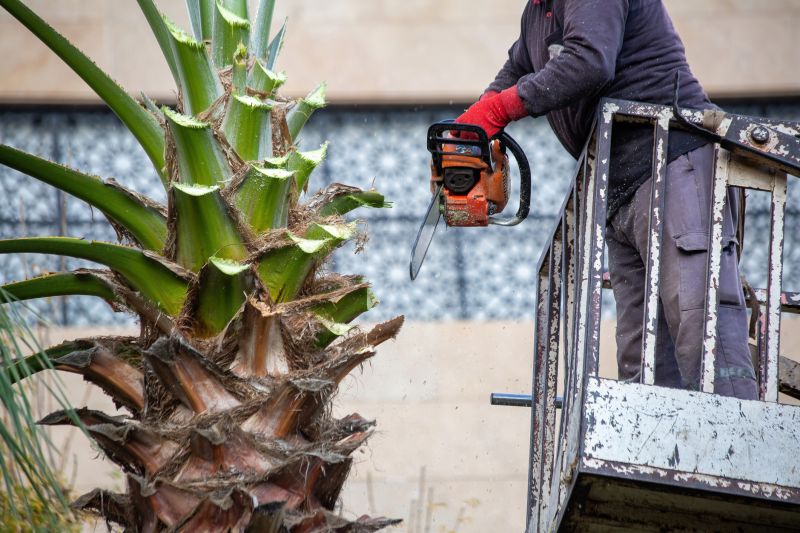
Visual guide to pruning at different times of year.
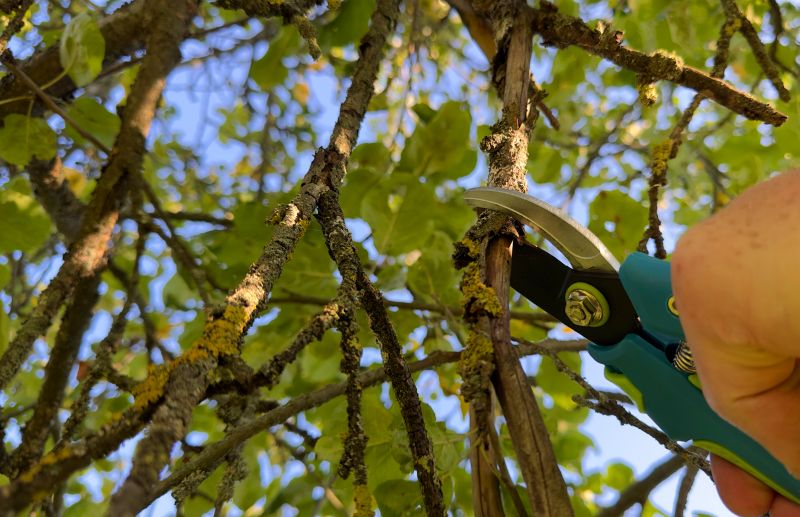
Essential equipment for effective pruning.
Interested in professional assistance with palm tree pruning? Filling out the contact form can provide more information and schedule a consultation to ensure proper care and timing for palm pruning needs.
